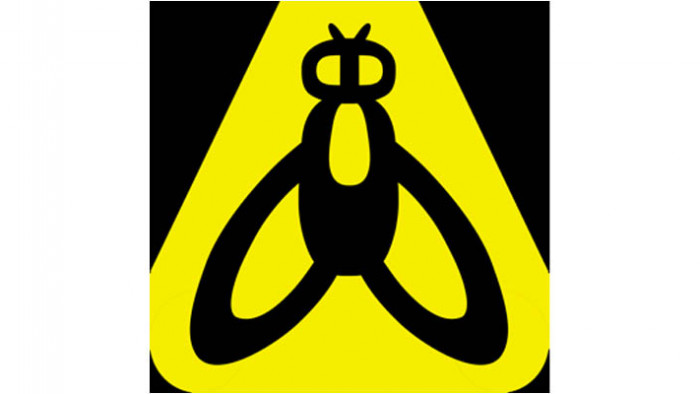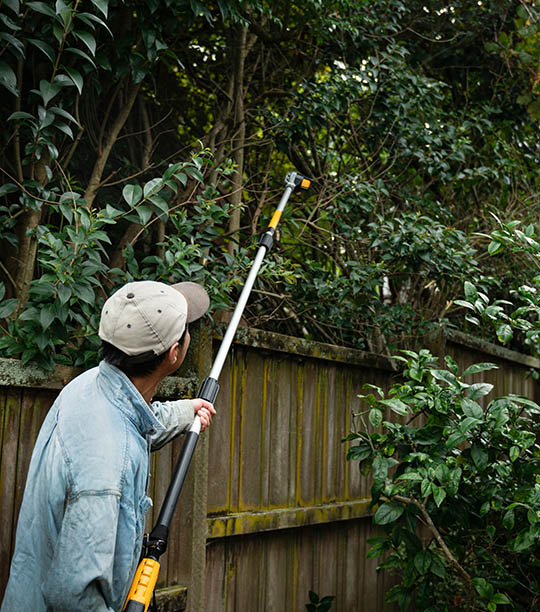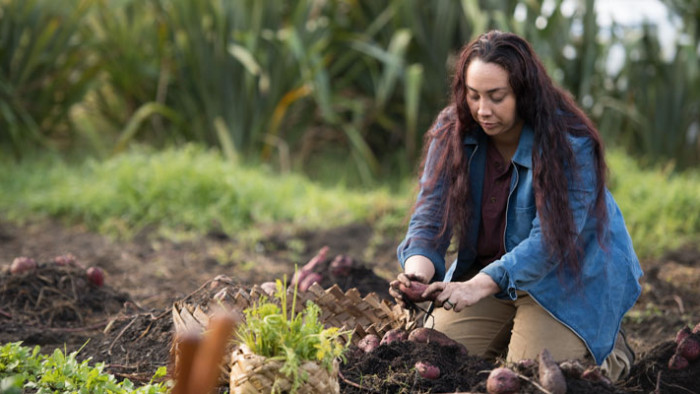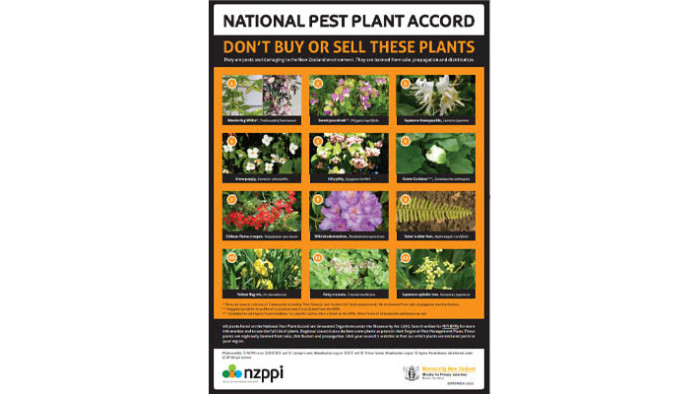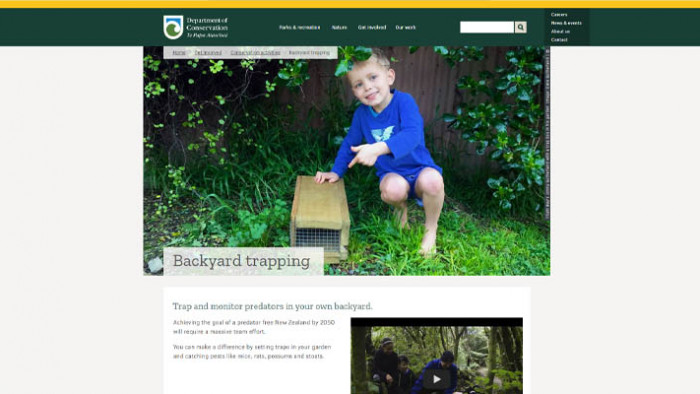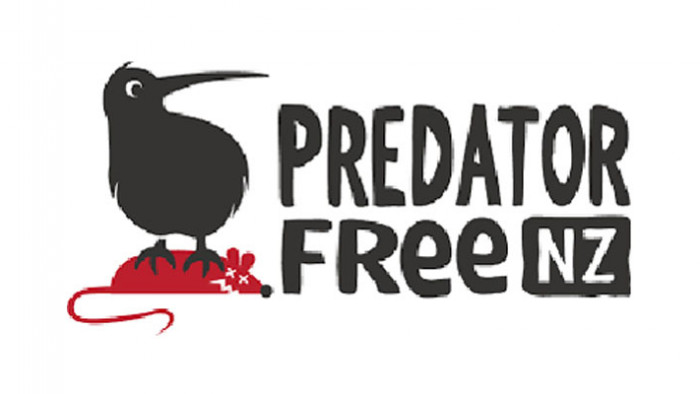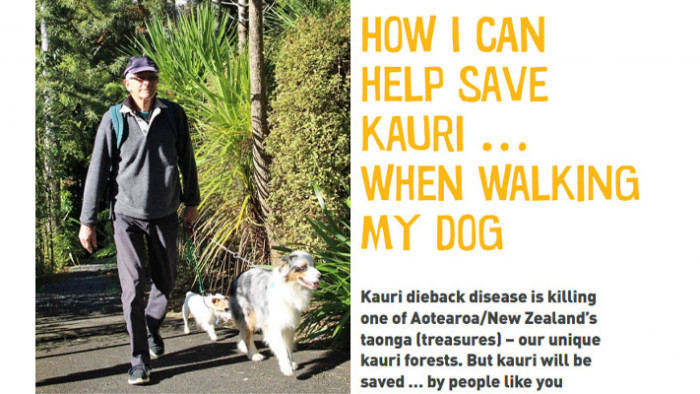Biosecurity at home
Protecting Aoteraoa from pests and diseases at home
Some say home is where the heart is. Our whare is where we want to feel comfortable, safe and secure. It's where we spend time with friends and whānau to be nourished, rest and recharge.
Nothing beats a home-cooked meal with vegetables straight from the garden. Or picking and eating juicy homegrown fruits straight from the tree or vine. Biosecurity protects the diversity and quality of the kai we eat and grow. It protects our beautiful and bountiful gardens. It even protects the simple pleasures of a peaceful sunny afternoon in our backyards.
We may call an apartment, lifestyle block or a suburban house home. But regardless of where we live, there are biosecurity actions we can take to help prevent and reduce the impact of harmful pests and diseases.
Kiwis love to travel, but where-ever we go it's great to come home. Whether it's a short holiday away or we've been living overseas, there are biosecurity actions we need to take when returning to Aotearoa New Zealand. This helps make sure we don't bring back any pests and diseases with us. Read more about biosecurity when coming into New Zealand.
You can help
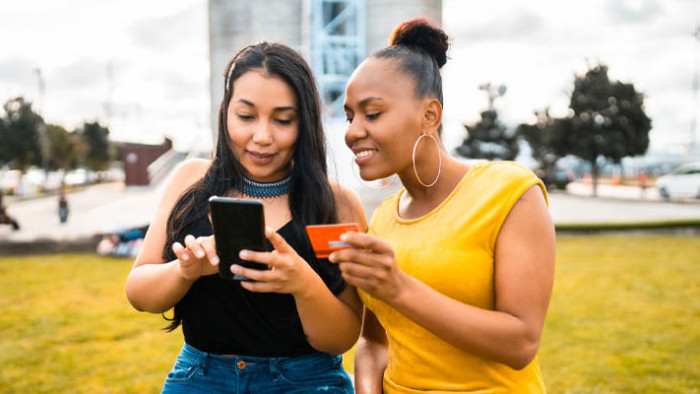
Being aware when online shopping
Know what's allowed and checking packages for hitchhiker pests
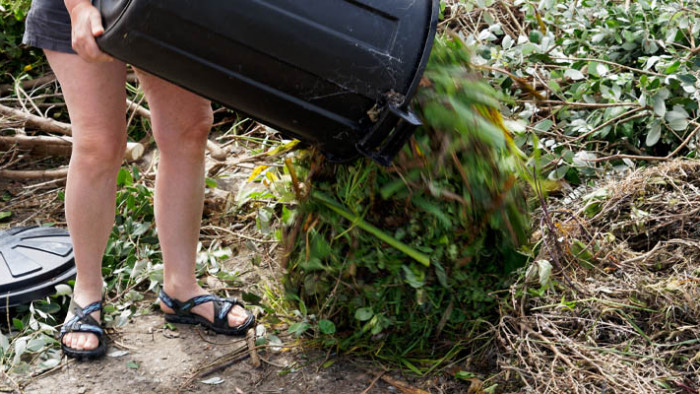
Looking after our gardens
Know and control our weeds. Properly disposing green waste
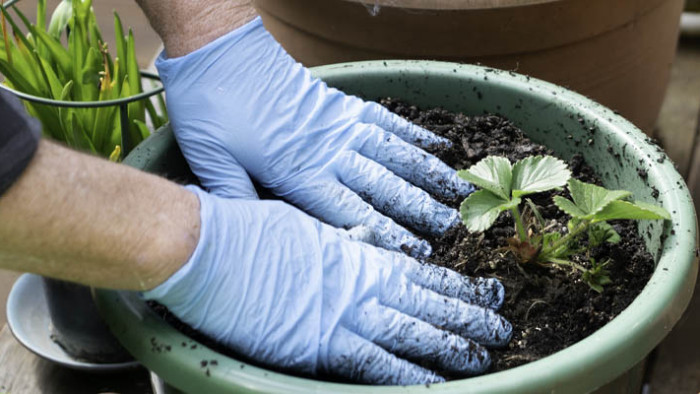
Buying plants and seeds locally
Approved importers pass strict biosecurity requirements
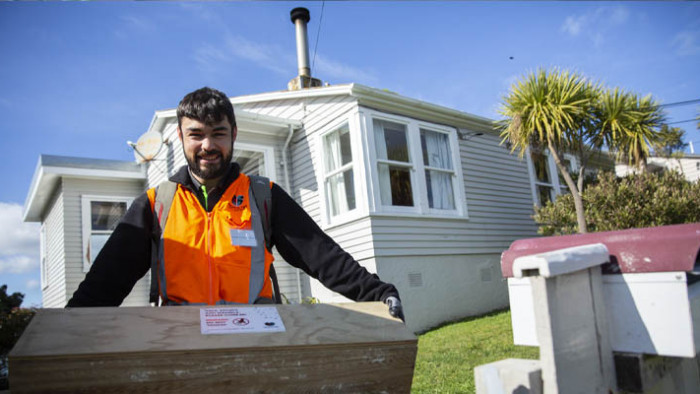
Backyard trapping
Get rid of rats from our bins. Make our gardens safe for native wildlife
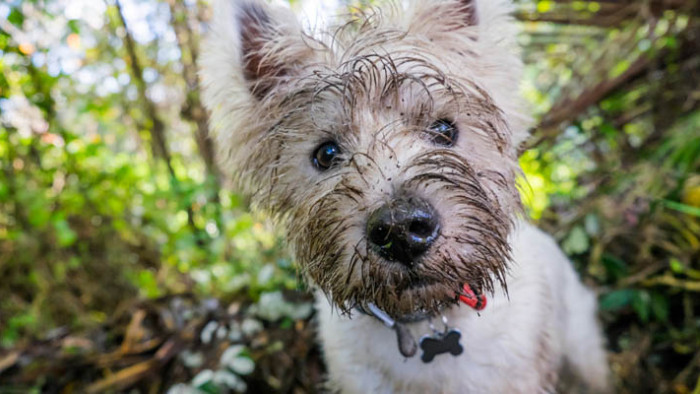
Looking after our pets
Prevent our pets from spreading or becoming pests
Being on the lookout for pests and diseases
Keep watch and report any potential biosecurity threats
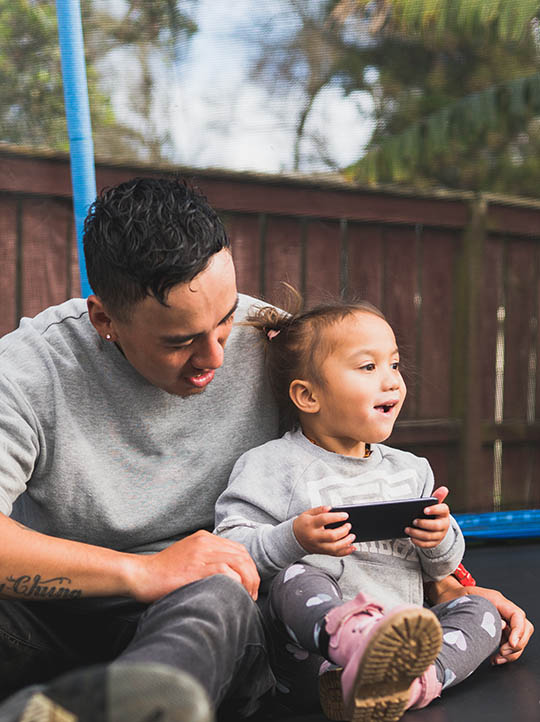
Biosecurity risks at home
Biosecurity risks vary around New Zealand. Your local regional council will have a pest management plan relevant to where you live. Discover more about biosecurity in your region.
Online shopping means we can buy a variety of hard-to-find goods from around the world without leaving home. It's even delivered to our doors. However, harmful hitchhiker pests could be hiding in our packages.
But just because we can buy everything online, it doesn't mean we should. There are some things, such as seeds or exotic plants and animals, that we shouldn't buy unless we're an authorised importer. Importers follow strict biosecurity rules to reduce the risk of introducing new pests and diseases into New Zealand.
If we have a garden or veggie patch at home, we can support New Zealand's biosecurity by taking care of it. We can weed regularly and keep an eye out for anything we haven't seen before. Learn more about pests and diseases to look out for in our backyards.
What we do at home can help protect our way of life, our environment, and local economy from the damaging impacts of pests and diseases.
Getting to know biosecurity in your region
Every region in Aotearoa New Zealand has its own unique and special environment. Wherever you call home, you can protect it by being aware of the biosecurity risks around you. We all have a part to play.
Find out more about biosecurity controls, programmes and local groups you can support in your area.
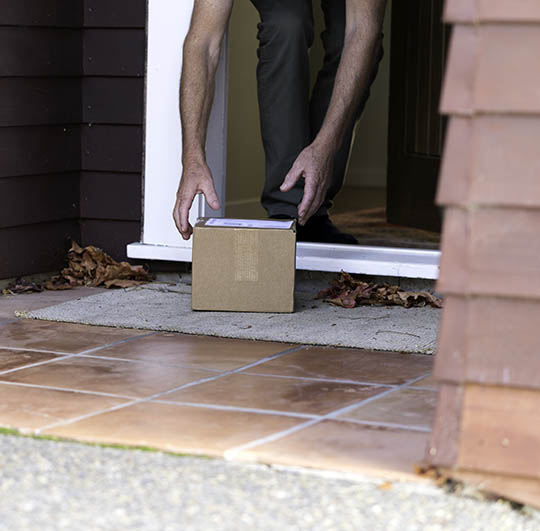
Being aware when online shopping
Online shopping means we can shop worldwide from the comfort of our couch. We can choose from a much larger range of food, equipment, clothing, books and other knick-knacks to buy. Unfortunately, the ease of online shopping creates biosecurity risks.
Prohibited seeds, plants and animals can be bought overseas. It pays to be aware of what we can and can't buy before we shop online. Seeds for a beautiful plant on the internet could turn out to be a weed causing havoc in your neighbourhood.
Unwanted pests and diseases could also be hiding in our packages. Pesky brown marmorated stink bugs (BMSB) could enter New Zealand inside our parcels. They could invade and stink up our homes, ruin the fruits we love, and more. We can help protect New Zealand from such pests by checking our parcels for any unwelcome hitchhikers.
If we think we've spotted something suspicious in our packages, we can report this to the pest-and-diseases hotline 0800 80 99 66.
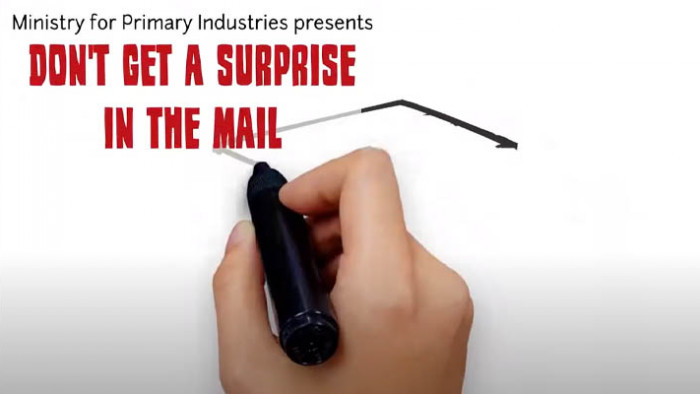
Resource
Video: Don't get a surprise in the mail - Biosecurity NZ
Safely checking for hitch-hikers in international packages
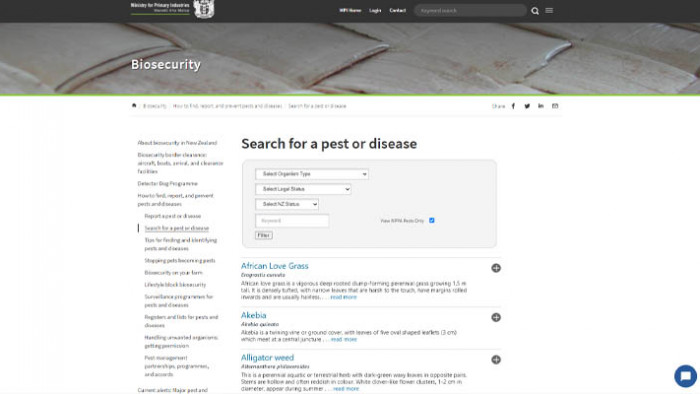
Resource
Search for a pest or disease - Biosecurity NZ
Digital A-Z of pests and diseases threatening New Zealand
Looking after our gardens
Gardening helps us unwind and feel grounded. It allows us to grow our own kai and transform spaces. There's something so satisfying about watching our plants grow.
As gardeners, we have a role to play in protecting New Zealand from biosecurity risks. We can be biosecurity guardians by simply caring for our backyards. By knowing and controlling our weeds, we can help stop the spread of weeds and other pests and diseases. We can also help by reporting anything that looks suspicious.
We can help protect Aotearoa and our homes from harmful pests and diseases by:
- being familiar with types of weeds
- weeding our garden
- being aware of "unwanted organisms" and restrictions for them
- disposing green waste properly
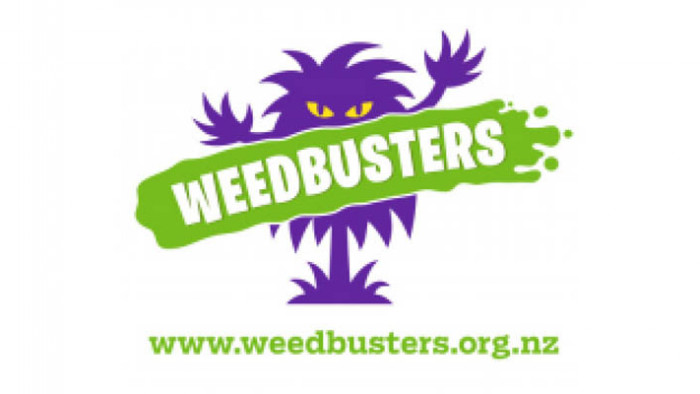
Resource
Weedbusters
Weedbusters aims to raise awareness and support efforts in controlling weeds in NZ
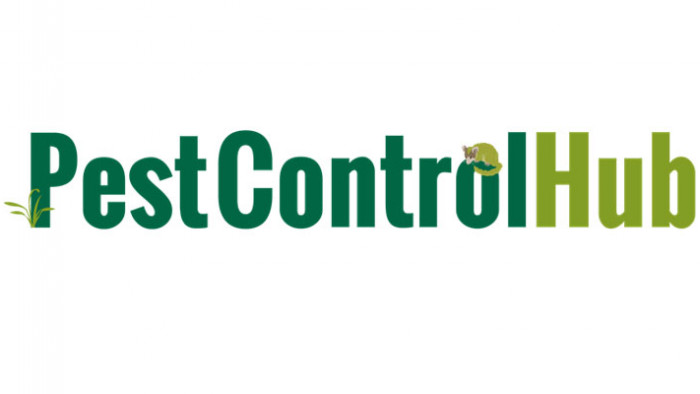
Resource
PestHub - Northland Regional Council
Northland invasive species identification and control information
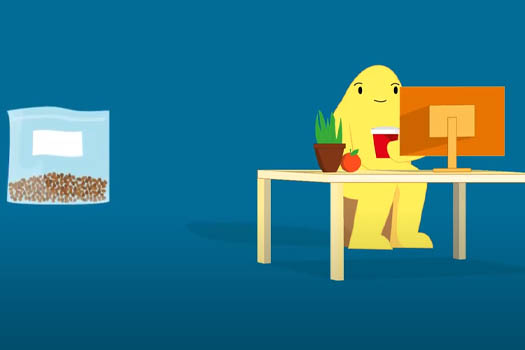
Buying seeds and plants locally
When we buy our seeds and plants from reputable local companies, we can be sure that we're not buying or growing any biosecurity threats. When we buy seeds and plants online from overseas, we might unwittingly introduce a pest into New Zealand. Our purchases may be confiscated and destroyed at the border—meaning we'd be wasting our money. While they may look pretty, species—like marimo moss balls— have the potential to ruin our lakes and rivers.
Authorised seed importers follow strict biosecurity requirements to reduce the risk of new pests and diseases coming to New Zealand. Find out how to become a seed importer.
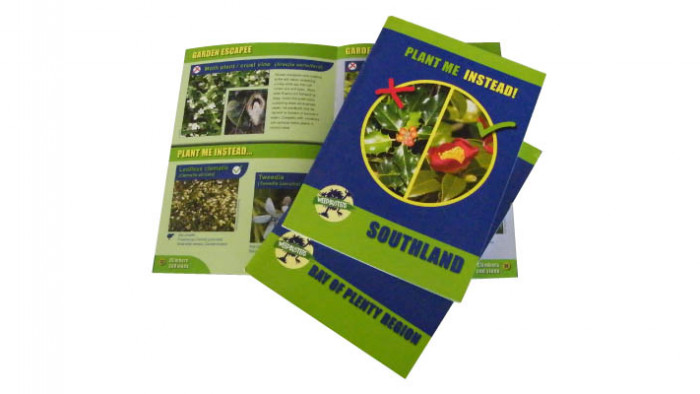
Resource
Plant me instead - Weedbusters
Regional Plant Me Instead booklets profile the weeds of greatest concern with replacement suggestion

Resource
Biosecurity - New Zealand Plant Producers Incorporated (NZPPI)
Biosecurity resources for Plant Producers
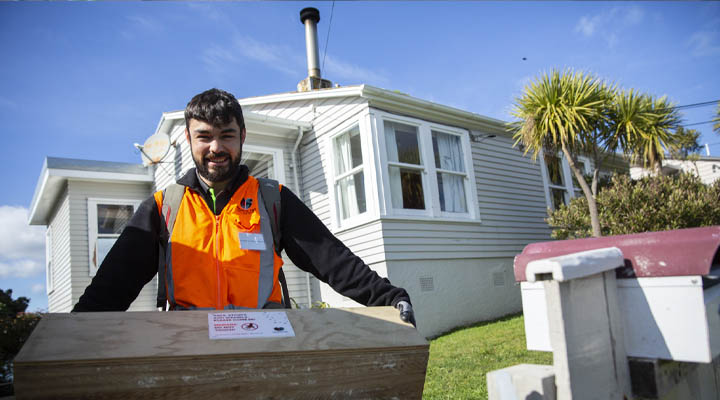
Trap and monitor pests in our backyards
Backyard trapping has heaps of benefits. It'll help New Zealand become predator free. It'll help get rid of rats in and around our homes. It'll help make our gardens safe for native birds and lizards. Backyard trapping means being part of a nationwide effort in managing animal pests.
There are lots of community groups around Aotearoa working to make our country predator free and restore our native wildlife. Learn more about biosecurity and biodiversity in your region.
Discover helpful backyard trapping tips in the links and resources below.
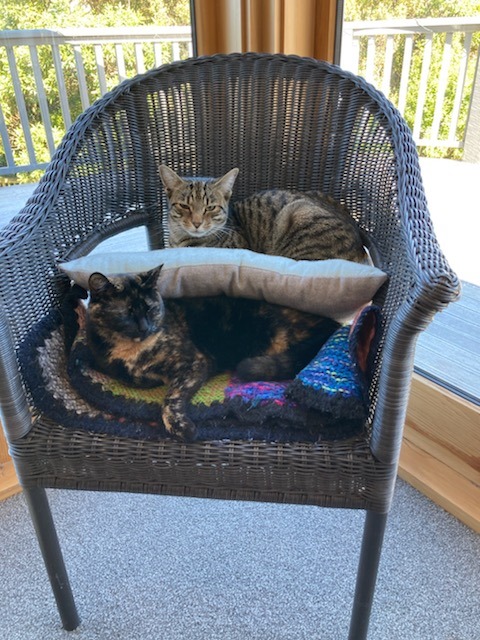
Looking after our pets
From a dog or cat, to a fish or horse, we love our pets. We have one of the highest rates of pet ownership in the world. We can support New Zealand's biosecurity by keeping our animals healthy and preventing our pets from becoming pests.
We observe our animals for any abnormal behaviours or signs of diseases. If we suspect our pets have an exotic disease, we contact the pest and diseases hotline 0800 80 99 66.
If our pets have swum in fresh waterways, we can help make sure they don't spread any aquatic pests and diseases by taking them to the same waterway for their next swim. Alternatively, we can make sure they have dried for a minimum of 48 hours after they are dry to touch before they go in another waterway.
Escaped pets can become pests and present a real problem for our native species, our environment and way of life.
There are biosecurity requirements if we want to bring our pets to New Zealand

Resource
Stopping pets becoming pests - Biosecurity NZ
Find out how the National Pest Pet Biosecurity Accord helps stop pets becoming pests

Resource
Lifestyle block biosecurity - Biosecurity NZ
Learn about some of the biosecurity measures that you should put in place on your farm

Being on the lookout for pests and diseases
As we go about our days, we can keep watch and report sightings of potential biosecurity threats. This helps protect our homes and way of life from harmful pests and diseases.
Our eyes and ears can provide early warnings to help quickly stop pests before they have a chance to spread. Our monitoring can also help scientists better understand pests and diseases.
Kiwis report about 10,000 suspected pests and diseases to the Ministry of Primary Industries every year.
If you think you've found something unusual, quickly take a photo (or sample if appropriate), take a note of its location, and contact the Biosecurity New Zealand pests and disease hotline on 0800 80 99 66.
There are also apps like iNaturalist and Find-A-Pest to identify and report suspected pests. Explore resources about identifying and reporting pests and diseases below.
News and stories about biosecurity at home
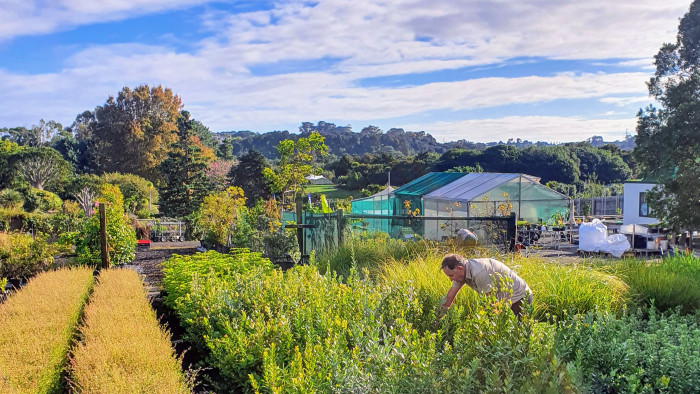
News
New Plant Pass helps plant producers embrace biosecurity
Plant Pass is the new plant production biosecurity scheme offering a one-stop solution for producers and growers to ensure they’re using good biosecurity practice.
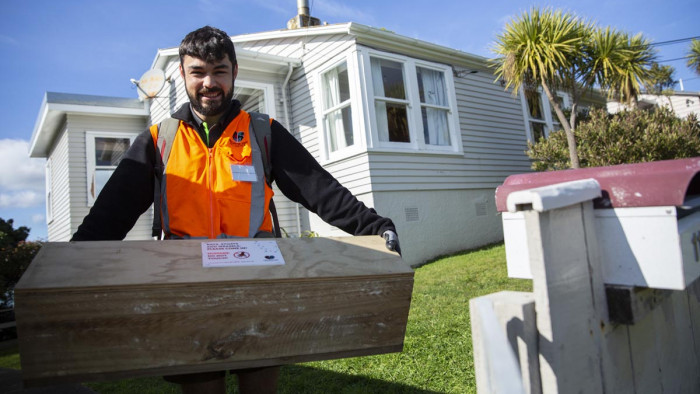
Story
Creating a “predator free” peninsular
Predator Free Wellington’s audacious Miramar eradication project.
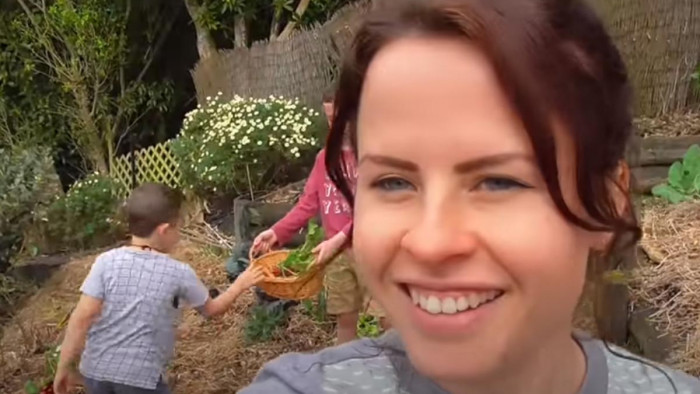
Story
Biosecurity protects home grown happiness
"We all need to keep a look out for any biosecurity threats that could ruin these gardens that we love so much." Watch Elien Lewis of Home Grown Happiness talk about why biosecurity matters to her.
More ways you can help
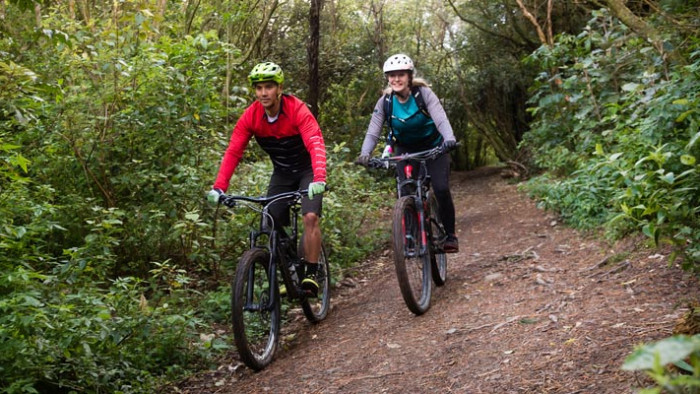
Biosecurity for walking, camping and biking
How we can protect what we love about outdoor adventures in the bush, forests and parks
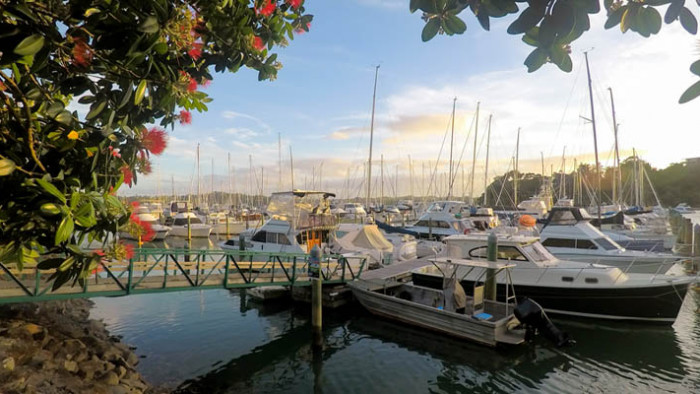
Biosecurity for boating and water activities
How we can protect our rivers, lakes and seas from pests and diseases when in or around water
